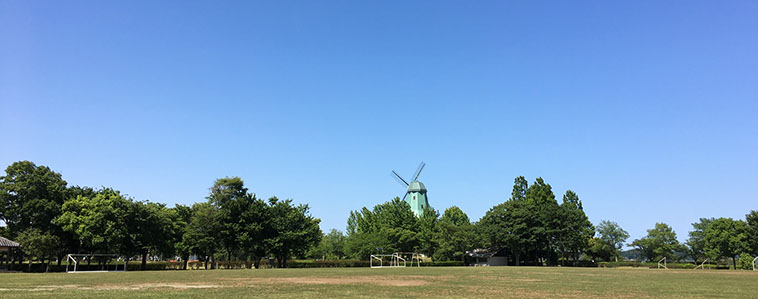Workshop on hadronic vacuum polarization contributions to muon g-2
February 12-14, 2018
KEK, Tsukuba, Japan
About

The muon g-2 is arguably one of the most important observables in contemporary particle physics. The long-standing anomaly at the level of more than 3 standard deviations between the experimental value and the Standard Model (SM) prediction of the muon g-2 may indicate the existence of new physics beyond the SM, which has attracted lots of physicists. The level of the significance may become even higher in the near future since there are two experiments in preparation which measure the muon g-2 with unprecedented precision: one is at Fermilab, and the other at J-PARC, here in Japan. Theoretical efforts to improve the SM prediction are being made by using various cutting-edge techniques, which will enhance the reliability of the SM prediction even further.
The aim of this workshop is to gather those people who are interested in the field and discuss recent progress, focusing mainly on the hadronic vacuum polarization contribution, which is the source of the largest uncertainties in the SM prediction for the muon g-2, and its closely related areas.
The workshop will take place at the KEK Tsukuba Campus as an activity of the Muon g-2 Theory Initiative, and is supported by the KEK Theory Center and the RIKEN-BNL Research Center.
The workshop will be held during February 12-14, 2018. There will be a partial overlap with another workshop on particle physics phenomenology, KEK-PH2018, which will also take place at KEK during February 13-16. Those who plan to travel to KEK may want to attend KEK-PH2018 as well.
Update: We have created a webpage on web streaming.
Confirmed invited speakers include:
Maurice Benayoun (LPNHE)
Henryk Czyz (University of Silesia and Helmholtz Institute, remote participation)
Michel Davier (LAL, Orsay)
Hooman Davoudiasl (BNL)
Sudeshna Ganguly (University of Illinois at Urbana-Champaign)
Georg von Hippel (JGU Mainz)
Fred Jegerlehner (DESY Zeuthen and Humboldt University Berlin)
Alex Keshavarzi (University of Liverpool)
Marina Krstic Marinkovic (Trinity College, Dublin)
Christoph Lehner (BNL)
Laurent Lellouch (CNRS and Aix-Marseille University)
Ivan B. Logashenko (BINP)
Yosuke Maeda (Nagoya University)
Bogdan Malaescu (CNRS)
Stefan E. Mueller (Helmholtz-Zentrum Dresden-Rossendorf, remote participation)
Makiko Nio (RIKEN)
Massimo Passera (INFN Padova)
Christoph F. Redmer (JGU Mainz)
Sergey I. Serednyakov (BINP)
Korneliy Todyshev (BINP and Novosibirsk State University)
Phillip Urquijo (University of Melbourne)
Ruth Van de Water (Fermilab, remote participation)
Takayuki Yamazaki (KEK)
Kasumigaura, Ibaraki


